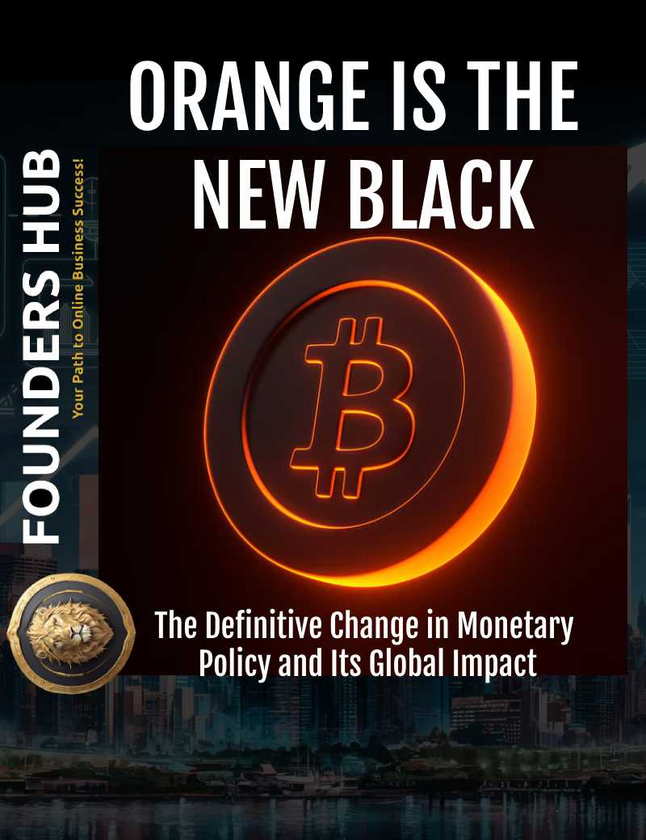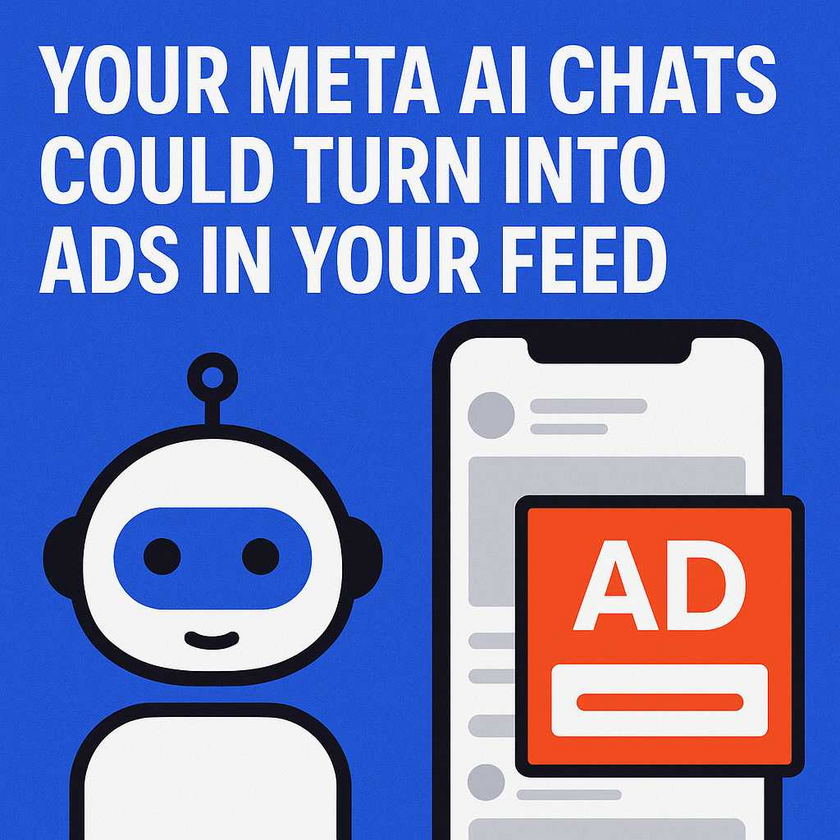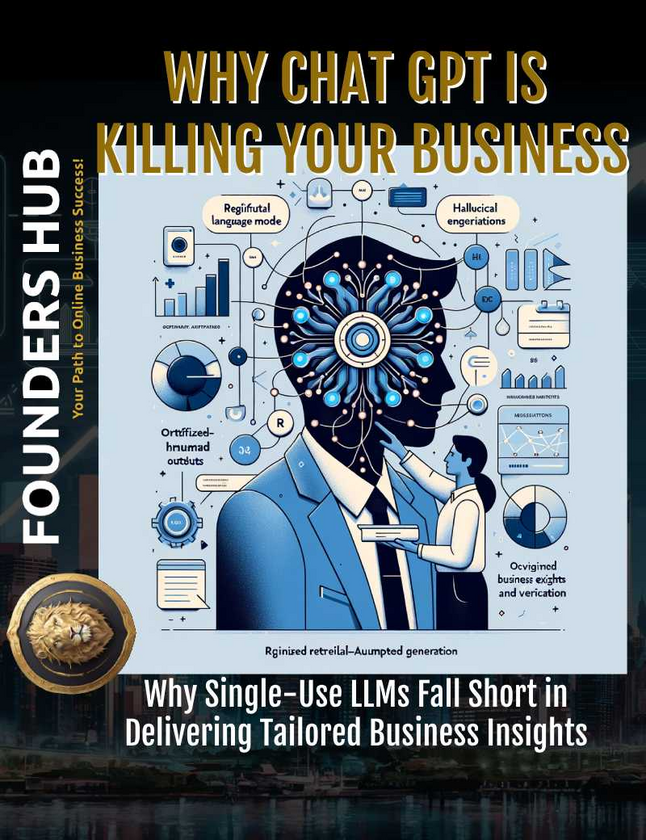In the ever-evolving landscape of finance and technology, the rise of cryptocurrencies has emerged as a disruptive force, challenging traditional monetary systems and sparking a digital revolution. At the forefront of this transformation stands Bitcoin, a pioneering digital currency that has captured the attention of investors, policymakers, and individuals worldwide.
Key Takeaway: Bitcoin represents a paradigm shift in monetary policy, introducing a decentralized, transparent, and secure alternative to traditional fiat currencies. Its impact extends beyond the realm of finance, with the potential to reshape global economies and empower individuals with greater financial autonomy.
The Rise of Cryptocurrencies
Over the past decade, the concept of cryptocurrencies has gained significant traction, fueled by advancements in blockchain technology and a growing demand for alternative financial systems. Bitcoin, introduced in 2009 by the pseudonymous Satoshi Nakamoto, was the first and most prominent cryptocurrency to emerge, paving the way for a new era of digital currencies.
The increasing prominence of Bitcoin in the global financial system has been remarkable. From its humble beginnings as a niche experiment, it has evolved into a widely recognized and traded asset, with a market capitalization exceeding hundreds of billions of dollars. This meteoric rise has challenged traditional notions of money, prompting governments, financial institutions, and individuals to reevaluate the role of digital currencies in the modern economy.
Bitcoin as a Pioneering Digital Currency
Bitcoin distinguishes itself from traditional currencies and other cryptocurrencies through its unique attributes and underlying technology. Unlike fiat currencies, which are issued and controlled by central authorities, Bitcoin operates on a decentralized network, eliminating the need for intermediaries or central banks.
This decentralization is made possible by the innovative blockchain technology that underpins Bitcoin. The blockchain is a distributed, tamper-proof ledger that records all transactions transparently, ensuring the integrity and security of the network. This transparency and immutability have garnered trust among users and contributed to Bitcoin's appeal as a secure and reliable digital currency.
The Digital Revolution
Technological Disruption in Monetary Systems
The emergence of Bitcoin and other cryptocurrencies represents a significant technological disruption in the realm of monetary systems. The shift from physical to digital currencies has been facilitated by the widespread adoption of the internet and the development of advanced cryptographic techniques.
Blockchain technology, in particular, has revolutionized the way transactions are conducted and recorded, offering a decentralized and secure alternative to traditional financial infrastructures. This technological disruption has opened up new opportunities for increased transaction efficiency, lower costs, and greater financial inclusion for individuals and businesses around the globe.
However, this digital revolution also presents challenges. Cybersecurity concerns, the need for technological literacy, and the infrastructural demands of adopting and integrating these new systems pose significant hurdles for widespread adoption. Overcoming these challenges will require concerted efforts from stakeholders across the public and private sectors.
Opportunities and Challenges
The opportunities presented by the digital revolution in monetary systems are vast. By leveraging the power of blockchain technology and cryptocurrencies like Bitcoin, transactions can be conducted seamlessly, without the need for intermediaries or costly third-party services. This increased efficiency can translate into significant cost savings for individuals and businesses alike.
Moreover, the decentralized nature of cryptocurrencies has the potential to promote financial inclusion by providing access to financial services for those who have been traditionally underserved or excluded from the traditional banking system. This could have profound implications for economic development and social mobility in various regions around the world.
However, the challenges associated with this digital revolution should not be underestimated. Cybersecurity concerns, such as the potential for hacking, fraud, and theft, pose significant risks to the integrity and adoption of these new systems. Additionally, the technological literacy required to navigate and utilize cryptocurrencies effectively may present barriers to widespread adoption, particularly among certain demographics or regions.
Furthermore, the infrastructural demands of adopting and integrating these new systems into existing financial frameworks and regulatory environments can be daunting. Governments, financial institutions, and other stakeholders must carefully navigate these challenges to ensure a smooth transition and mitigate potential risks.
The Value of Bitcoin
Attributes That Make Bitcoin Viable
Bitcoin's viability as a digital currency stems from several key attributes that distinguish it from traditional fiat currencies and other cryptocurrencies. One of its most significant features is its decentralization. Unlike traditional currencies, which are controlled by central authorities, Bitcoin operates on a decentralized network, eliminating the need for intermediaries or central banks.
Another critical attribute of Bitcoin is its security. The underlying blockchain technology and cryptographic principles employed by Bitcoin ensure the safety and integrity of transactions, making it virtually impossible to counterfeit or double-spend coins. This security feature has contributed significantly to the trust and confidence placed in Bitcoin by users and investors alike.
Furthermore, Bitcoin's transparency is a defining characteristic. The blockchain ledger that records all Bitcoin transactions is publicly accessible, allowing for complete transparency and accountability within the network. This transparency has been a driving force behind the growing adoption of Bitcoin, as it promotes trust and minimizes the potential for corruption or manipulation.
Scarcity and Demand
One of the key factors contributing to Bitcoin's value is its scarcity. Unlike traditional fiat currencies, which can be printed or minted at the discretion of central banks, the supply of Bitcoin is strictly limited to 21 million coins. This finite supply, combined with the increasing demand for Bitcoin, has led to a surge in its value, resembling the dynamics of precious metals like gold.
As more individuals and institutions recognize the potential of Bitcoin as a store of value and a medium of exchange, the demand for this digital currency continues to grow. This increasing demand, coupled with the limited supply, has driven up the value of Bitcoin, making it an attractive investment opportunity for many.
However, it is important to note that the value of Bitcoin is largely speculative, driven by market forces and investor sentiment rather than any inherent value or backing. This speculative nature has contributed to the volatility of Bitcoin's price, which can fluctuate significantly based on various factors, including regulatory developments, technological advancements, and global economic conditions.
Speculation and Volatility
The Speculative Nature of Bitcoin Investments
Bitcoin investments have been characterized by a high degree of speculation, driven by the potential for substantial returns and the growing mainstream awareness of cryptocurrencies. As the value of Bitcoin has skyrocketed over the years, it has attracted a diverse range of investors, from individuals seeking alternative investment opportunities to institutional players seeking to diversify their portfolios.
The speculative nature of Bitcoin investments can be compared to historical speculative bubbles, such as the Dutch Tulip Mania of the 17th century or the Dot-com Bubble of the late 1990s. Like these historical events, the surge in Bitcoin's value has been fueled by a combination of hype, fear of missing out (FOMO), and the belief that prices will continue to rise indefinitely.
However, it is essential to recognize that speculation carries inherent risks. Speculative bubbles are often followed by significant corrections or crashes, as investor sentiment shifts and the market adjusts to more realistic valuations. This volatility can have profound implications for investors, highlighting the importance of responsible investing and risk management strategies.
Impact of Volatility
The volatility associated with Bitcoin investments has had a significant impact on investor confidence and the broader adoption of cryptocurrencies. Rapid price fluctuations can create uncertainty and undermine the perceived stability of Bitcoin as a viable currency or store of value.
This volatility has also influenced the willingness of merchants and businesses to accept Bitcoin as a form of payment. While some early adopters have embraced cryptocurrencies, others have been hesitant due to the potential risks associated with price volatility and the challenges of accounting for and managing cryptocurrency transactions.
To mitigate the impact of volatility and foster broader adoption, efforts have been made to develop more stable cryptocurrencies or stablecoins, which are pegged to traditional fiat currencies or other assets. However, the long-term viability and implications of these alternative cryptocurrencies remain to be seen.
Blockchain Technology
The Innovative Potential of Blockchain
At the core of Bitcoin and many other cryptocurrencies lies the innovative blockchain technology, a decentralized, tamper-proof ledger system that has the potential to revolutionize various industries beyond the realm of digital currencies.
The blockchain's ability to securely record and verify transactions without the need for a central authority has opened up a myriad of possibilities across diverse sectors. From supply chain management and voting systems to smart contracts and intellectual property rights management, the applications of blockchain technology are vast and continue to evolve.
One of the key advantages of blockchain technology is its transparency and immutability. Once data is recorded on the blockchain, it becomes virtually impossible to alter or tamper with, ensuring the integrity and authenticity of the information. This feature has significant implications for industries where trust, accountability, and data security are paramount, such as finance, healthcare, and government.
Moreover, the decentralized nature of the blockchain eliminates the need for intermediaries, reducing costs and increasing efficiency. This disintermediation has the potential to disrupt traditional business models and empower individuals and organizations to conduct transactions directly, without the need for third-party intermediaries.
Advantages and Current Use Cases
The advantages of blockchain technology have already been recognized and implemented across various sectors. In the financial industry, blockchain-based solutions are being explored for cross-border payments, trade finance, and securities settlement, offering increased transparency, reduced costs, and faster transaction times.
Supply chain management is another area where blockchain technology has shown promising applications. By creating an immutable record of product movements and ownership, blockchain can enhance supply chain visibility, improve traceability, and mitigate the risk of counterfeiting or fraud.
Furthermore, the use of smart contracts, self-executing agreements encoded on the blockchain, has the potential to streamline and automate various processes, from real estate transactions to insurance claims processing. These smart contracts eliminate the need for intermediaries, reducing costs and increasing efficiency.
While the adoption of blockchain technology is still in its early stages, numerous pilot projects and real-world implementations have demonstrated its potential. As the technology continues to mature and gain wider acceptance, its impact on various industries and sectors is expected to grow significantly.
Regulation and Oversight
Regulatory Challenges
As the adoption of Bitcoin and other cryptocurrencies continues to expand, regulatory challenges have emerged as a significant concern for policymakers and financial authorities around the world. The decentralized and borderless nature of cryptocurrencies poses unique challenges for traditional regulatory frameworks, which were designed primarily for centralized financial systems and institutions.
One of the primary challenges faced by regulators is the diverse global regulatory environments surrounding cryptocurrencies. Different countries and jurisdictions have taken varying approaches, ranging from outright bans to cautious acceptance and the development of comprehensive regulatory frameworks.
This lack of harmonization and consistency in regulatory approaches has created uncertainty and complexity for market participants, hindering the widespread adoption and integration of cryptocurrencies into the global financial system.
Furthermore, the anonymity and pseudonymity associated with cryptocurrency transactions have raised concerns regarding their potential use for illicit activities, such as money laundering, tax evasion, and financing of illegal activities. Addressing these concerns while preserving the privacy and decentralized nature of cryptocurrencies has proven to be a delicate balancing act for regulators.
Balancing Oversight and Innovation
As the cryptocurrency landscape continues to evolve, the need for a balanced approach to regulation and oversight has become increasingly apparent. On one hand, regulatory frameworks are necessary to ensure the stability and integrity of financial systems, protect consumers and investors, and mitigate the risks associated with cryptocurrencies.
On the other hand, excessive regulation or overly restrictive measures could stifle innovation and hinder the potential benefits that cryptocurrencies and blockchain technology can bring to the global economy.
To strike this balance, policymakers and regulators must engage in constructive dialogue with industry stakeholders, fostering a collaborative approach to developing regulatory frameworks that promote innovation while addressing legitimate concerns and risks.
Several countries have taken steps in this direction, implementing regulatory frameworks that aim to provide legal certainty and consumer protection while allowing for the responsible development and adoption of cryptocurrencies and blockchain technology.
For example, Switzerland has established a comprehensive legal framework for cryptocurrencies and blockchain, positioning itself as a hub for innovation in this space. Similarly, Singapore has implemented a regulatory sandbox approach, allowing companies to test and develop blockchain-based solutions within a controlled environment.
As the regulatory landscape continues to evolve, it is crucial for policymakers to remain agile and adaptable, continuously reassessing and refining their approaches to keep pace with the rapid developments in the cryptocurrency and blockchain space.
Conclusion
Transformative Potential of Bitcoin and Digital Currencies
The emergence of Bitcoin and other cryptocurrencies has ushered in a transformative era in monetary policy and financial systems. By challenging traditional notions of money and introducing a decentralized, transparent, and secure alternative, Bitcoin has sparked a digital revolution that extends far beyond the realm of finance.
The impact of this revolution has the potential to reshape global economies, empower individuals with greater financial autonomy, and disrupt long-standing business models and intermediaries. As the adoption of cryptocurrencies continues to grow, their influence on monetary policy and the way we perceive and interact with money will become increasingly profound.
However, it is important to recognize that this transformation is not without its challenges. The volatility and speculative nature of Bitcoin investments, the regulatory uncertainties surrounding cryptocurrencies, and the need for robust cybersecurity measures are just a few of the hurdles that must be addressed as this digital revolution unfolds.
Continuing Exploration and Adaptation
As we navigate the uncharted waters of this digital age, it is essential for stakeholders across various sectors to embrace a spirit of exploration and adaptation. Policymakers, financial institutions, technology companies, and individuals alike must remain open to the possibilities presented by Bitcoin and blockchain technology, while also acknowledging and mitigating the associated risks.
Ongoing research, collaboration, and a willingness to learn and adapt will be crucial in shaping the future of monetary policy and financial systems. By fostering an environment that encourages innovation while maintaining stability and consumer protection, we can harness the transformative potential of Bitcoin and digital currencies to create a more inclusive, efficient, and secure global financial landscape.
In this rapidly evolving landscape, one thing is certain: the impact of Bitcoin and the digital revolution it has sparked will continue to reverberate across the world, changing the lives of millions and redefining the very essence of money itself.



















